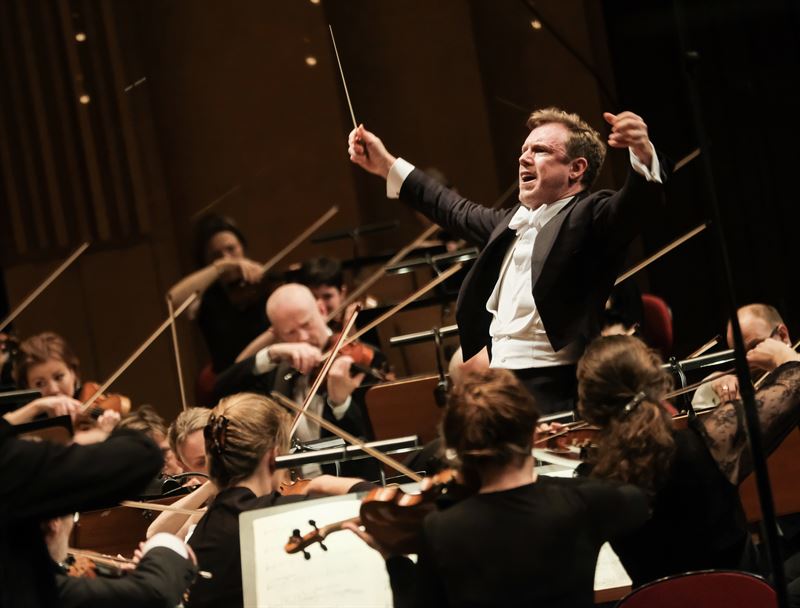
Chemistry and Confidence in Music Performance
A musician is a performer, and usually a performer is in some way an actor, there is a show that has to be given to an audience, but no one is born super confident, and it’s no secret that playing in front of a large crowd is an obvious reason to be nervous, insecure and even scared.

Of course if you are a cello player in a big orchestra, you may feel like the attention is not that focused in you but in the whole group of people playing, and even if you do feel nervous, it’s hard for the crowd to notice.
Things get a little bit scarier in a quartet or a piano performance, since there are not that many many instruments and musicians, the crowd can see what is happening with the few that are there, however, the crowd doesn’t really expect the performer to do crazy stunts, scream at the crowd or be extra confident, they are there, for a good performance in terms of musical prowess.
However there is a certain kind of magic that happens when you let yourself go, there should be a more clear way of putting it, but as a musician lets himself go, everything changes, body language changes, the performance itself becomes more captivating and fewer mistakes are made because of the lack of nervousness that makes a performer hesitate or doubt. This can happen in any genre of music, but it’s most notable in Jazz, Blues and Rock, as history has shown.
Moments such Elvis Presley dancing like crazy while singing, Jimmy Hendrix playing the guitar with his teeth, the alien energy of Chuck Berry or drug like magic of Charlie Parker and even the many times Kurt Cobain just jumped towards the drums, are some examples of this “letting go” experience a musician goes through when they let confidence take over.
Confidence in Experience

There is a very good article on the importance of confidence in music that shows a special session with Victor Wooten and how he encourages musicians to embrace their own unique styles.
I don’t remember details but at some point, the conversation came to whether the students in the room felt like they were “good” at their instruments or not. A lot of students said no. I think it’s because they didn’t want to come across as “arrogant”. Wooten countered that. He made a point that I will never forget: he said whenever someone asks you if you’re good at guitar, your answer should always be “yes”. He said it’s not arrogant to do so. Remember, you’re not saying you’re the greatest or anything, all you’re saying is you’re good. And who’s to say you’re not? Even if you only know one scale, there are so many great things you can do with that. Or, so what if you can’t sweep pick just yet — who said that’s the only style of playing? If you keep telling yourself and others that you’re not good, the only person you’re harming is you! Constantly downplaying your ability and constantly doubting yourself will make you not want to pick up the guitar ever again. And when you don’t play, that’s when you stop getting good! He didn’t say all these things, but even his first comment made me think of all these thoughts. I figured it was time to stop making excuses and telling myself I wasn’t ever going to get “good”. I realized I already knew quite a bit, and I was going to use that as my foundation and keep building.
Alper Memioglu
The point here is that confidence begins by understanding that everyone has their own style, and that if a musician doesn’t trust in his own ability to play and get better, no one else will. Music is a language and if confidence is what is being put out there, the people who listen will get it.
